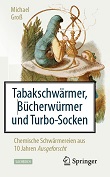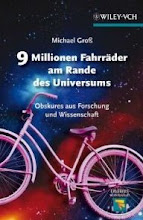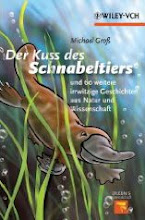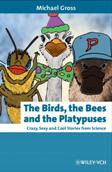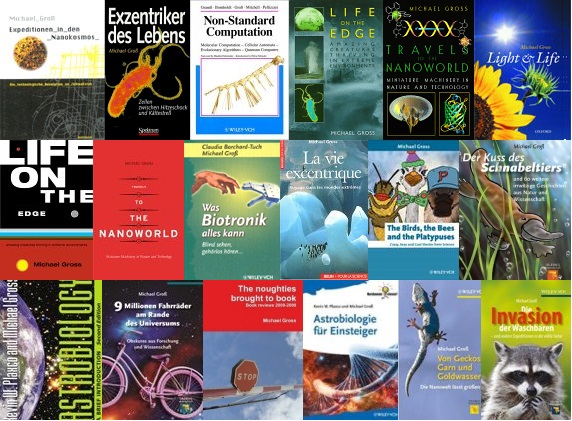As the media were discussing "flight shame" and how Greta Thunberg travelled from Sweden to London by train, I realised that I made my second-last air journey in mid-June 2009, so more than 10 years ago now. That one led me to Copenhagen, for an invited talk at a two-day event. While I would be happy to go there by train, the long journey didn't make much sense for this very short stay. Similar situation for the only other flight I've made since then: a workshop where I was signed up to make a contribution was supposed to be held in Hamburg or Barcelona, but ended up being in Bucharest, which was maybe just a little bit outside the range I was happy to travel by train.
Other than that, since the opening of High Speed 1 and the St. Pancras International terminus in 2007, which made Eurostar much more convenient than it was in the times of the Waterloo terminus, I have done all my other European travel by rail, going as far as Barcelona, Prague, Budapest and Rostock in separate rail journeys (links point to the relevant flickr albums).
The other factor that made not flying easier was the insight that my initial plan of making science in Latin America a part of my business model wasn't really working, so Cuba in April 2005 has remained my last intercontinental flight. I wouldn't say no if there were several good reasons to make a specific journey, but just one reason wouldn't suffice.
This year, all my travels lead me to Germany for family reasons, which has now become a routine rail trip - much less trouble than trying to get to the remoter parts of the UK, for instance. Further ahead, new challenges await. I'll need to figure out flightless ways of getting to Galicia, Morocco and Sweden.
St. Pancras International (own photo, 2018)
Updates (some press reports appearing ahead of no-flight 2020):
Suzanne Bearne, The Guardian, 10.8.2019 - some case studies and handy hints.
Science magazine of 27.9.2019 carries an editorial urging scientists to fly less.




















